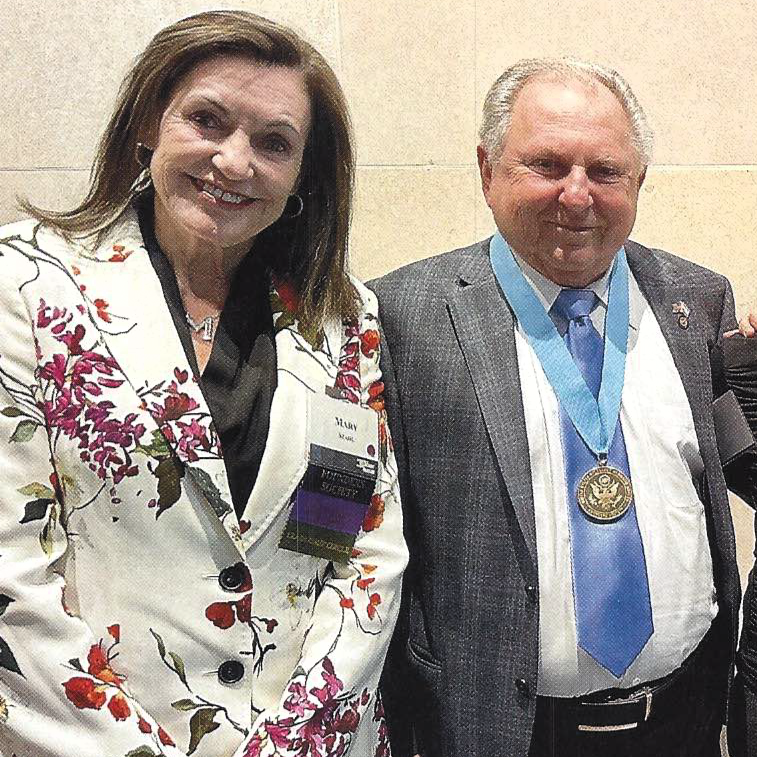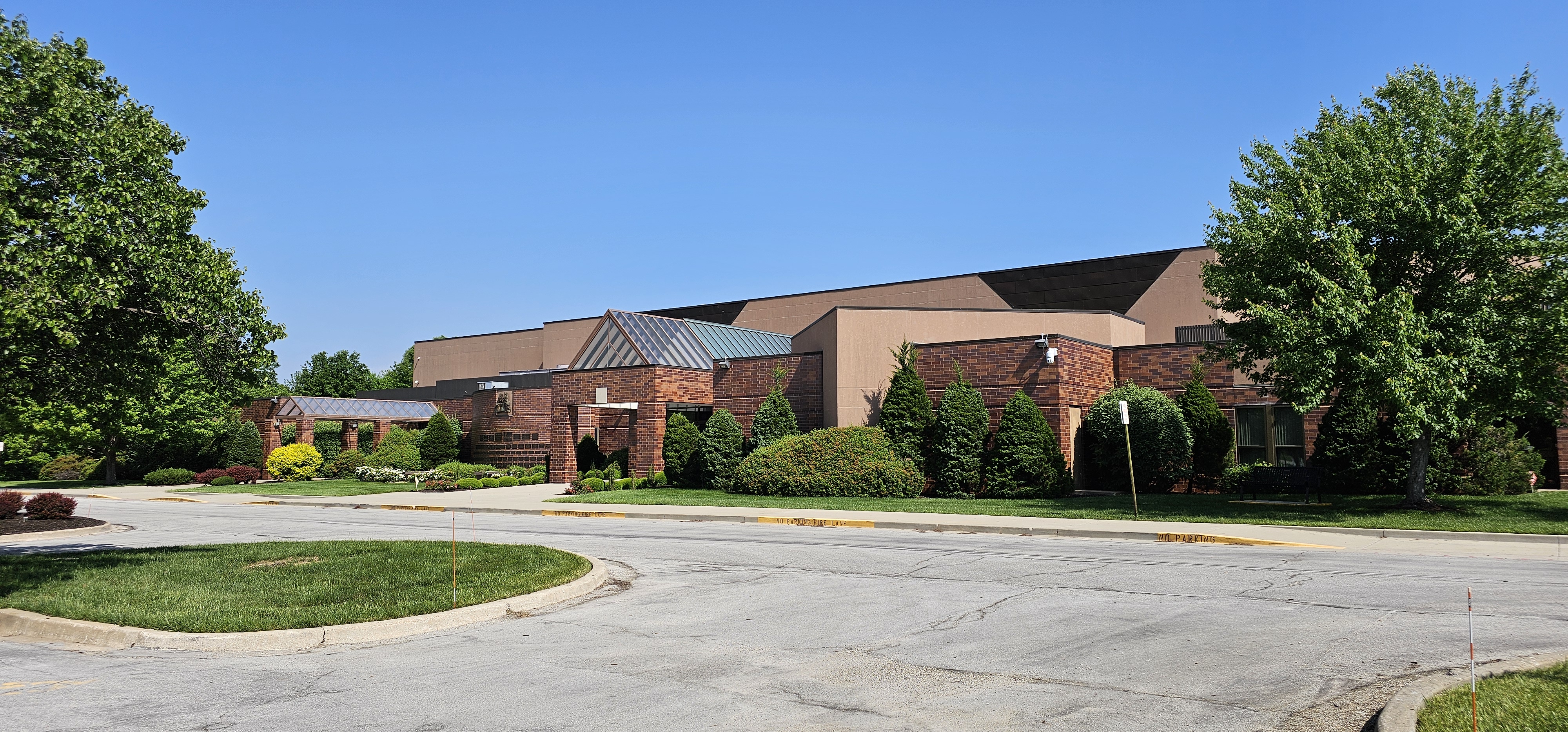Sam Devinki and Mary Stahl, long-time supporters of Kehilath Israel Synagogue, have pledged $1 million to establish the Kehilath Israel Devinki Building Preservation Fund.
It will provide up to $50,000 for at least two decades for capital improvements to maintain the synagogue.
For Devinki, the dedication to K.I.’s future stems from more than seven decades of involvement — his family joined the congregation in 1951 and were ardent supporters of the synagogue. Devinki has since served as vice president, president and now as honorary president-for-life. Among his many past contributions to K.I. was his involvement in the establishment of the synagogue’s current building, and he is keen for it to be kept in good condition.
“Being in the real estate business — particularly the property management business — I know what happens to a building if you don’t maintain it,” Devinki said. “…If you don’t maintain the property, at some point, you can’t afford to maintain it; you can’t afford the mechanical systems, and stuff becomes so outdated that you have to start from scratch, and it’s just not practical.”

Mary Stahl and Sam Devinki in 2023.
In order to prevent the synagogue from deteriorating, Devinki and Stahl are establishing the Kehilath Israel Devinki Building Preservation Fund through the Jewish Community Foundation, having pledged $1 million.
“Because I have the ability — and that’s thanks to my parents [Fred and Maria Devinki] that I have the ability — I decided to create a fund that would help make some of these capital improvements, which hopefully will prolong the life of the building for another 20 or 30 years, at least,” he said.
“The fund allows us the ability to focus on growing the synagogue instead of worrying about expensive capital improvements such as the replacement of air conditioners, et cetera,” said Shelley Palmarine, K.I.’s executive director. “This will help ease the burden of running the synagogue which, [like] most religious institutions, finds the squeeze of payroll and maintenance taking up a huge part of the revenue.”
K.I.’s current building, located at 10501 Conser in Overland Park, was completed nearly 40 years ago. Its construction was a major community achievement, and The Chronicle ran a special section about the building’s dedication in February of 1986. Staff writer Michael Deverey wrote that “upon entering Kehilath Israel Synagogue for the first time, one realizes it is larger than it first appears from without and is exceedingly well planned,” and “the theme of permanence and tradition — concerns of the congregation — are expressed subtly throughout the building.”
Since then, Devinki has seen a shift in K.I. membership in terms of both people and demographics.
“Unfortunately, like with most synagogues, its membership has declined from what it was 50 years ago… and the older members, who were the guys who were around when we built this building, had a dedication to it and had the financial ability to maintain it — a lot of those people are gone,” he said. “Newer members have an interest in the synagogue and certainly want to be involved in the synagogue, but many of them don’t have the financial capabilities that [older families] had.”
Devinki said that while people often want the synagogue for services such as b’nai mitzvahs, weddings and funerals, the synagogue still has to operate on a daily basis. Though there are still dedicated members who come to shul every week, Devinki says their numbers have declined.
In addition to the Devinki Building Preservation Fund, the Devinki family also funded the Kehilath Israel Fred Devinki Religious School in 2007, later making it free for all Jewish children in the community. Sam Devinki noted that these contributions are focused on preserving synagogue life and Jewish tradition for future generations.
“We want to educate our children, and we hope by educating them in Jewish tradition and Jewish knowledge that they will find the synagogue an important thing in their lives,” he said.

The first page of a special tribute to Kehilath Israel Synagogue from The Chronicle in 1986 upon the congregation’s move to Overland Park.



